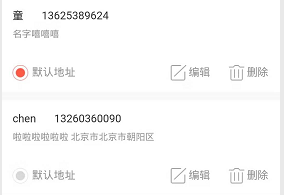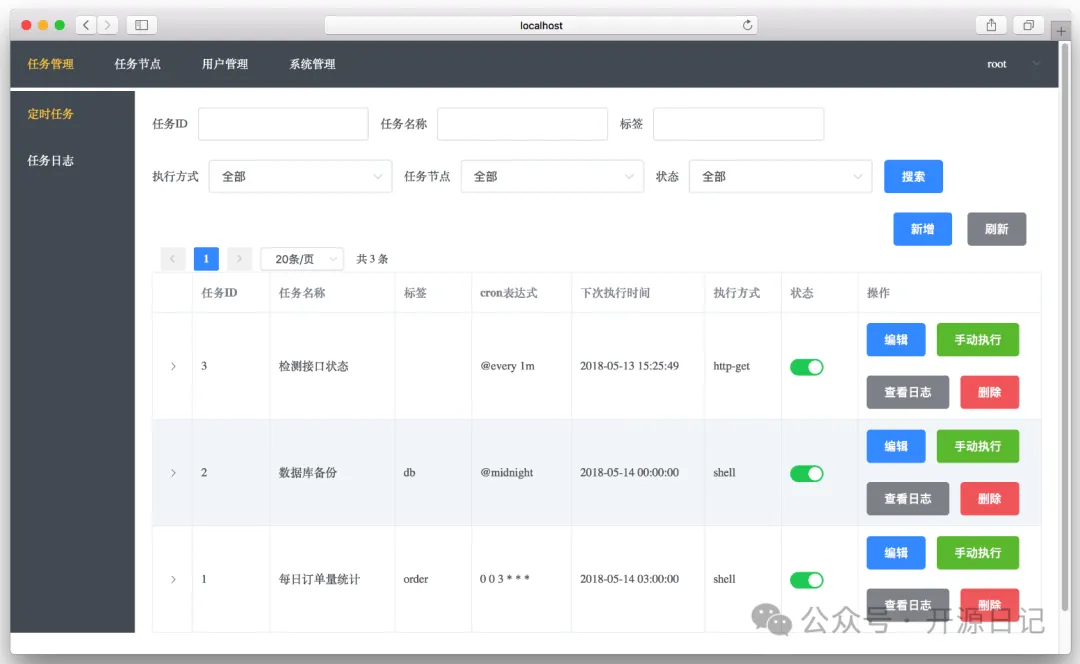实例如下所示:
$ids = [5,7,3,1,2];
$data = Content::whereIn(\'id\',$ids)
->select(\'id\')
->get();
//查询结果是想按照wherein的顺序排序
//正确写法
$data = Content::whereIn(\'id\',$ids)
->select(\'id\')
// ->orderBy(\\DB::raw(\'FIND_IN_SET(id, \"\' . implode(\",\", $ids) . \'\"\' . \")\"))
// ->orderBy(DB::raw(\"FIND_IN_SET(id, \'\" . implode(\',\', $ids) . \"\'\" . \')\'))
// ->orderByRaw(\"FIND_IN_SET(id, \'\" . implode(\',\', $ids) . \"\'\" . \')\')
->orderBy(\\DB::raw(\'FIND_IN_SET(id, \"\' . implode(\",\", $ids) . \'\"\' . \")\"))
->get();
中午没睡觉一直调试,心塞…
错误写法
//错误写法
$data = Content::whereIn(\'id\',$ids)
->select(\'id\')
->orderByRaw(\"FIND_IN_SET(\'id\', \"\' . implode(\",\", $ids) . \'\"\' . \")\")
->get();
//该写法查询顺序是按照id大小正序排序
原因解析
//正确写法的sql语句为 select `id` from `contents` order by FIND_IN_SET(id, \"5,6,7,4,2,1\") asc //错误写法的sql语句为 select `id` from `contents` order by \'FIND_IN_SET(id, \"5,6,7,4,2,1\")\' asc //或者 select `id` from `contents` order by `FIND_IN_SET(id, \"5,6,7,4,2,1\")` asc //FIND_IN_SET()方法外面不要添加任何符号
以上这篇laravel 模型查询按照whereIn排序的示例就是小编分享给大家的全部内容了,希望能给大家一个参考,也希望大家多多支持免费资源网。
© 版权声明
THE END










暂无评论内容